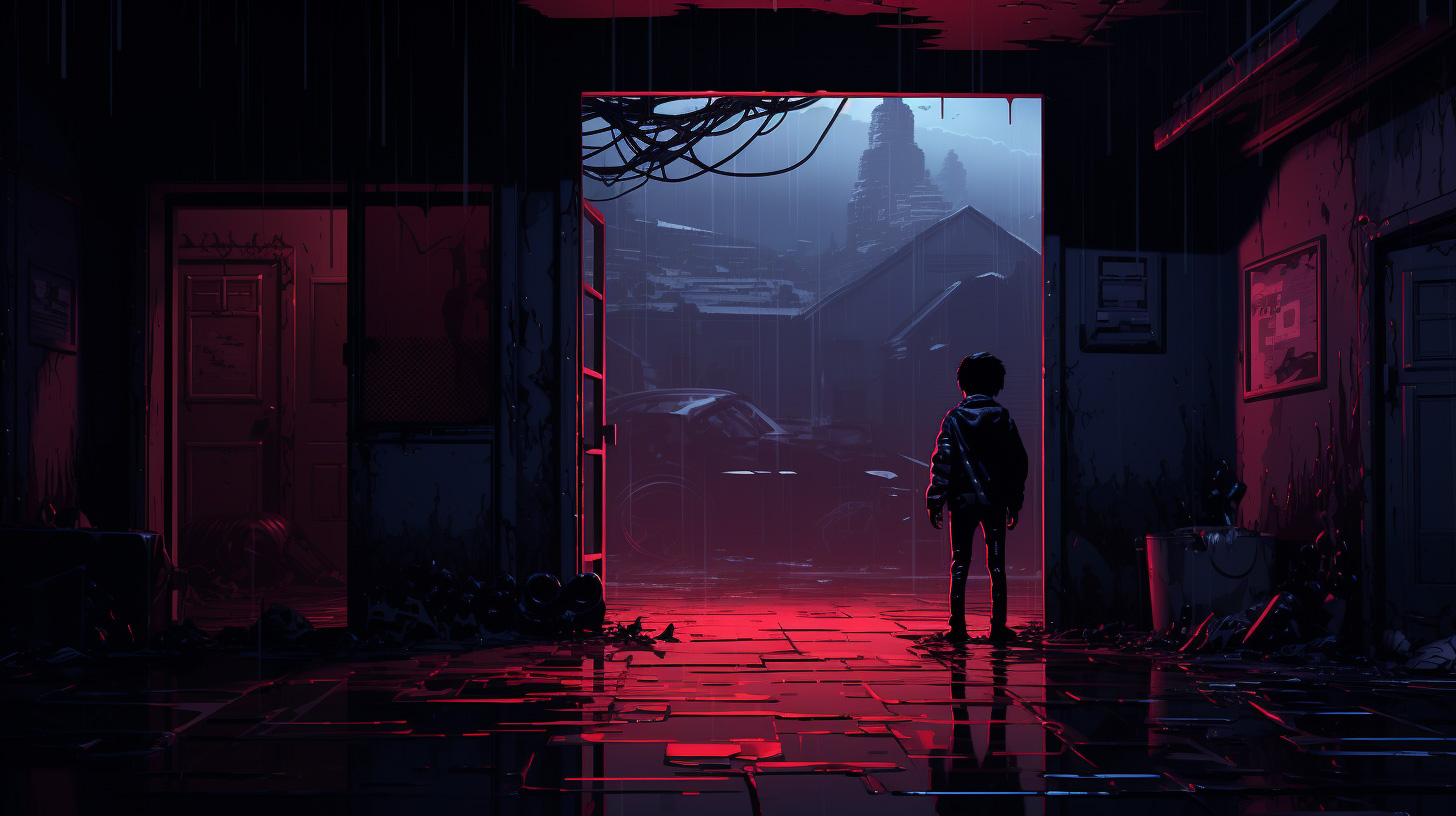Sometimes, crypto just doesn’t have a lot of class.
Grand Theft Auto VI (GTA 6) is probably the most-anticipated game of all time. Its predecessor GTA 5 sold 190m copies, second only to Minecraft, and Rockstar have been working on the game for more than a decade.
So the mere announcement of a trailer for GTA 6 was a big deal, with a release date and speculative flurry about what it would contain.
When the trailer was leaked on X more than 12 hours ahead of the official release, that was big news too.
The leaker’s X account was quickly shut down and Rockstar sent the full trailer live a few hours later.
For a while, everyone was watching the leaked trailer, which had an enormous “BUY $BTC” pasted on top of the video (see above).
This move was hailed as genius marketing by some.
@WallStreetBTCX, for example, tweeted:
Guy leaked the GTA VI trailer with a “Buy $BTC” watermark
Legend 💯
The trailer looks dope, it’s the most anticipated game in history.
A message the world needed to hear👏🏽
Udi Wertheimer tweeted:
Yesterday we saw the best mainstream bitcoin marketing campaign in years
Crypto has an image problem. Almost everyone who’s not invested – that is, almost everyone – thinks at best it’s a dodgy pyramid scheme. At worst, a tool for criminals, either for shifting money or scamming people.
So who exactly is this genius marketing campaign “BUY $BTC” aimed at? Dumb is doing it, dumber thinking it’s great marketing. This is bottom of the barrel stuff. It confirms the association of crypto with criminals and highlights the emptiness at the heart of Bitcoin’s value.
To sign up to this newsletter, enter your email, tick the box and click subscribe!
Synthetic IP

While I’m on a streak: the Pudgy Penguins NFT project announced a virtual world this week. This is from an actual article on Forbes:
“At Art Basel, it announced the alpha launch of Pudgy World, an immersive, digital environment that will be accessible to everyone when the early version launches in 2024.”
My instinct is to loathe the Pudgy Penguins. Perhaps it’s the utter claptrap about their purpose that sets me off:
Pudgy Penguins is a collection of 8,888 NFT’s, accelerating Web3 innovation through IP utilization and community empowerment. Embodying love, empathy, & compassion, the Pudgy Penguins are a beacon of good vibes & positivity for everyone … Let’s break through the boundaries of Web3 together.
That’s from the OpeaSea description. You can buy Pudgy Penguin soft toys at Walmart in the US.
I can assure you this “immersive digital environment” will be very bad, and Pudgy World will go the way of every other half-baked, desolate online lobby.
This is synthetic IP at its worst. I am guessing the Penguins have a very talented business development team, but creating compelling online worlds is something you don’t do as a sideline.
Real IP

To add to the pile of outstanding games released this year, in the past week The Finals and Fortnite Lego launched. The former represents the quality you need to begin building an IP franchise, the latter what you can do when the IP juggernaut is underway.
The Finals, an all-action shooter set in a game show, is exquisitely made: fast, polished, detailed and with a rock-solid premise. I played a couple of rounds and got completely dominated. Even that was fun. It peaked at 250k concurrent players on Steam and now sits somewhere under 200k.
Fortnite Lego is a tour-de-force: one giant IP meets another, with a reference to a third. Fortnite Lego runs inside Fortnite and is a build/survival game in the vein of Minecraft. It’s free, family-friendly, and at its peak was being played by 2.5m people at the same time. There’s almost too much game power here. It’s not just meshing one big IP with another, it’s leveraging nostalgia: for younger kids, that’s nostalgia for real Lego toys, for older children and young adults it’s nostalgia for Fortnite as well. Fortnite was released in 2017, six years ago. That’s a long time when you’re 20.
Scams not limited to BG
The implosion and disappearance of a game called The Day Before this week served as a reminder that bad actors are everywhere, not just crypto.
The Day Before was sold as a survival MMO through the three years of its development. Both excitement and scepticism were high following a very promising looking trailer by the unknown, Russia-based developer Fntastic. The game was released this week on Steam as “early access” ($40) and IGN rated it 1/10:
“The Day Before is easily one of the worst games I’ve ever played, to the point where I’m afraid to continue running it on my PC.”
Check out the Polemos short on this game for a few snippets of unbelievably buggy gameplay. Four days after release, the developer said they were closing and deleted most of their social accounts. To be fair, buyers can get a refund from Steam, but it’s not clear who’s footing that bill.
The game proves the point my Polemos colleague Jordan Lipp made in his video “This is why crypto is full of scammers”: scammers are everywhere in a digitally networked world.















